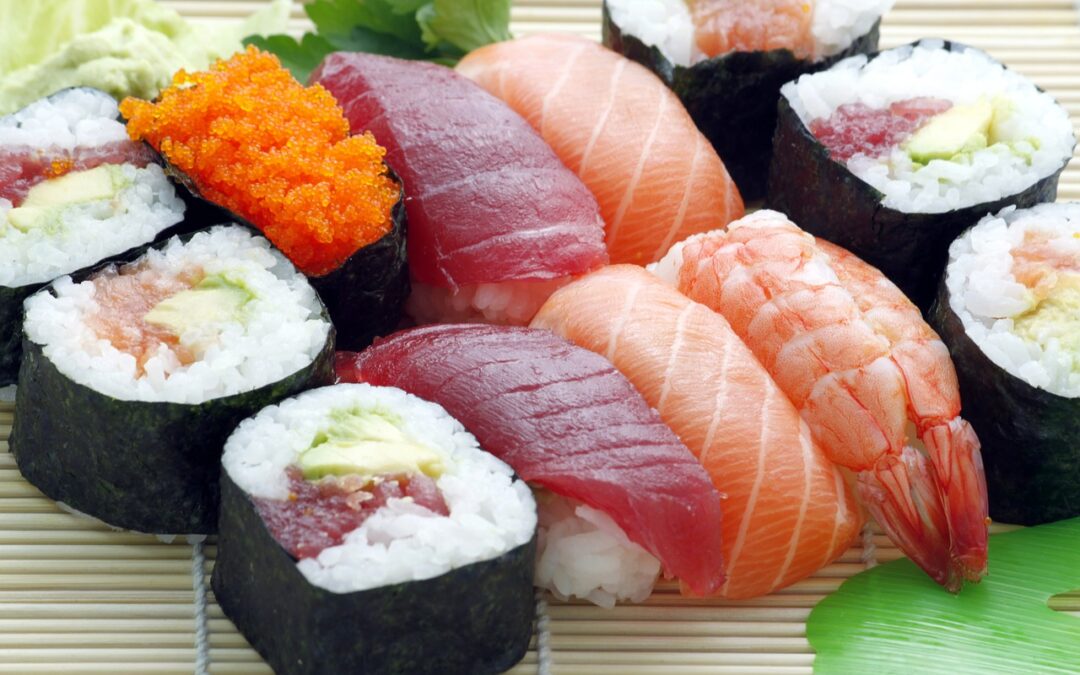What is Iodine
Iodine is a trace mineral essential to many aspects of our health. Iodine deficiency has been on the increase in Australia and is now considered by some experts to be epidemic.
Iodine and the Thyroid
Iodine is primarily thought of in relation to Thyroid health as it is a necessary component of Thyroid hormone. Iodine molecules bind together with Tyrosine, an amino acid derived from the breakdown of protein, to form Thyroid hormone which has an exceptionally important role in the body.
The thyroid gland is a small butterfly shaped gland that sits at the base of the throat. It secretes hormones that regulate many biological and metabolic processes, growth, development and energy expenditure. It is estimated that 1 in 7 Australians will be affected by some form of thyroid disorder during their lifetime. An underactive Thyroid, or hypothyroidism, is generally more common however both hypo and hyper thyroid disorders are serious conditions that need attending to.
Because Iodine plays such a crucial role in maintaining optimal Thyroid function, symptoms of Iodine deficiency tend to line up with symptoms of Thyroid Disorders. See table below.
Iodine isn’t the only nutrient implicated in a healthy functioning Thyroid gland. Other nutrients such as Selenium, Tyrosine and Zinc are also required for healthy Thyroid function. Iodine supplementation should not be attempted without first talking to your doctor if you already have a Thyroid condition.
Symptoms of Thyroid Dysfunction |
|
Hypothyroidism (underactive) |
Hyperthyroidism (overactive) |
| Fatigue | Accelerated heart rate/Heart palpitations |
| Slow heart rate | Unexplained weight loss |
| Weight gain or inability to lose weight | Muscle trembling & weakness |
| Intolerance to cold | Bulging eyes |
| Hair loss | Irritability/anxiety |
| Goitre | Intolerance to heat/sweating |
| Aching muscles | Insomnia |
| Puffy face | Diarrhoea |
| Depression | Irregular, light menstrual cycle |
| Poor concentration | |
| Constipation | |
| Heavy menstrual flow | |
| Dry skin |
|
Iodine and Brain Development
As well as its role in Thyroid health, Iodine is also required for proper foetal development and growth and maturation in children and adolescents. According to the World Health Organisation, Iodine deficiency is worldwide, the leading cause of preventable intellectual disability. It is for this reason that pregnant and breastfeeding women need to ensure adequate intake of Iodine either from foods or a good quality multi-vitamin.
There has been some research into a link between ADHD (Attention Deficit Hyperactivity Disorder) and low Iodine status in the mothers of children diagnosed with ADHD. Further investigation is needed to confirm this connection.
Iodine and the breast
The breast tissue contains high concentrations of Iodine and deficiency has been linked with conditions of the breast including fibrocystic breast Disease and breast cancer.
There is some evidence that Iodine may have a protective role in the development of breast cancer. Iodine’s anti-oxidant capacity may be responsible for some of this action. Japanese women have a very low rate of breast cancer and some experts attribute this to the Japanese diet being rich Iodine.
Iodine has also been used effectively to reduce mastalgia (painful breasts) and the development of fibrocystic breasts.
Causes of Iodine Deficiency
It has been suggested that our diets no longer provide sufficient Iodine due to a number of factors including depleting soil levels, low intake of seafood, a push to reduce salt intake and changes in sanitisation practices in dairy processing. Up until the 1990’s dairy processing plants in Australia used Iodine based sanitation and it was for this reason that dairy was once considered a good source of Iodine. This is no longer the case since the switch from Iodine based sanitisation to chlorine based products.
Foods and Iodine
There are some naturally occurring food compounds that can inhibit the way Iodine is used in the body. This can affect an individual’s Iodine status. These compounds are referred to as Goitrogens and are found in cabbage, broccoli, cauliflower, soy & millet. The interference of these compounds with Iodine appears to be greater when these foods are consumed raw. For the average person this significance is not huge, however if you have a pre-existing thyroid condition then I would advise eating these foods cooked or in moderation.
Some chemicals, namely Flourine, Chlorine & Bromine can also inhibit Iodine uptake.
Foods that are highest in Iodine include Seaweeds, Seafood and Iodised salt.
Testing for Iodine Deficiency
Testing for Iodine levels in the body can be difficult. A mild deficiency is not easily picked up in standard testing. Testing levels of Iodine excreted in the urine after taking a high dose of Iodine appears to be the best way to assess Iodine status at this stage, especially when wanting to identify mild to moderate deficiencies. Ask your Naturopath today about testing for Iodine through a urinary Iodine loading test.
Disclaimer: This information is provided for general interest and education only. It is not designed to replace the advice of your doctor or natural therapist. Herbal and nutritional medicines should be prescribed by a health professional trained in these fields to ensure they are both safe and beneficial.

